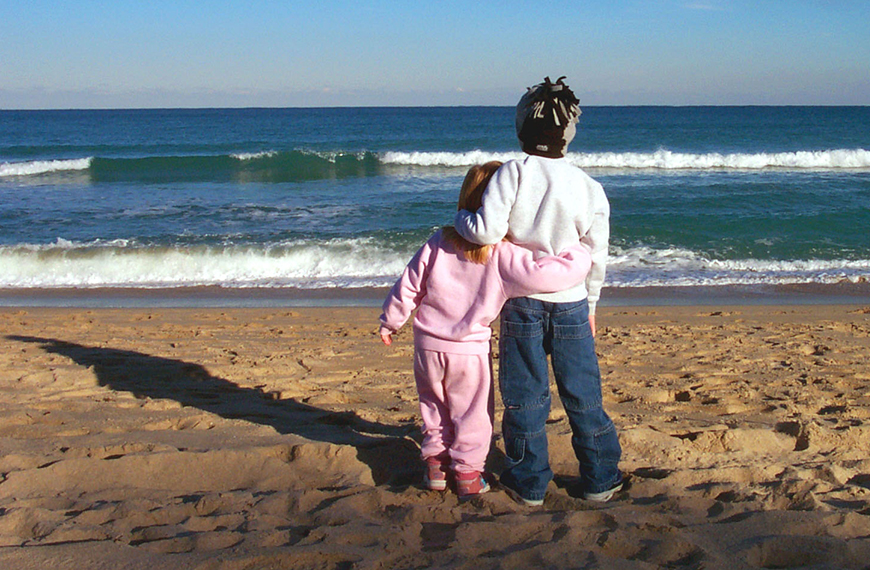April is Child Abuse Prevention month and in the United States the situation is bleak.
According to the Centers for Disease Control and Prevention, in 2015 at least 683,000 children were abused or or neglected. 1,670 of those kids died. At the same time, multiple state child welfare systems are failing, in part because of the opioid epidemic, which greatly contributes to the hundreds of thousands of children in foster care.
But numbers alone don’t tell the real story.
This week, a national story broke about a Tennessee couple facing criminal charges after allegedly abusing a nine year-old girl in their care, including urging her to kill herself, forcing her to drink water out of the toilet, and making her sleep in the bathtub. Investigations began after the hungry girl tried to steal food from one of her teachers. Court records suggest the treatment is consistent with torture. This comes on the heels of the notorious Turpin family case in Perris, California, where a couple is alleged to have tortured thirteen siblings, over a span of years, in a literal house of horrors. That case followed thousands before it, an endless sea of abuse, as far back as we can see and with no end in sight. Child abuse is like a river – children flow downstream, marked with what they have been through in life, if they survive at all, and all we think all we can do is pluck them out of the river one by one and try to care for them.
Last week, in the wake of story after story of horrible child abuse across the country, Having Kids, a national organization focused on reforming family planning, tried something new. Child abuse is a national epidemic, and our child welfare systems are simply insufficient – offering a level of care none of us would think fitting for our own children. And yet by not reforming our family planning systems, we are literally and senselessly pushing kids through those miserable systems.
Rather than just react to a case of child abuse by demanding punishment for the abusers, Having Kids called on the governor of Tennessee to seek a judicial order in an effort to protect children before the abuse ever occurs. In the case in question, a couple stands accused of severe long-term neglect of their autistic child. Having Kids called for a judicial order (called a Fair Start order) that would temporarily prohibit the couple, in the event they are convicted, from having additional children.
The point was clear: It’s time for a new rule. Child abusers should not have children until they can be rehabilitated. That waiting period protects kids, helps the parents, and alleviates pressure on failing state systems. It’s a win-win, one that takes seriously the ideas of prevention, and that each child deserves at least a minimum level of wellbeing before they arrive in the world. Fair Start orders are part of what Having Kids calls the Fair Start family planning model. It has three steps: We all help parents wait, plan, and be ready before they have kids. We also help them get the resources they need, and have a right to, to give their kids a fair start in life, by reforming family planning, tax, child protection and social development policies, as well as the culture of parenting those policies have created. We ease this process by helping to promote smaller, sustainable and more equitable families where we can all invest more of what matters in each child, right from the start.
There was pushback from some who said the move to institute a judicial Fair Start order in the Tennessee case threatened to violate parents’ moral and legal right to have kids. Is that true? Is there a right to have kids in a home where we know there is a history of abuse and neglect, where doing so endangers children, interferes with the parents’ own beneficial rehabilitation, and threatens to burden already failing state systems? To put the victim of child abuse back in a home with abusers before they are rehabilitated seems outrageous. Why should we, as a society, accept allowing a new victim to be born into that environment during this time period? Who benefits from such a limitless right? Who would argue for such a thing?
The case in Tennessee against the couple accused of neglecting their autistic child is still pending, and the state may or may not take action. Regardless, a new approach to ending the sea of child abuse has emerged, and the question of whether we are willing – as a country – to do what it takes remains to be seen.

